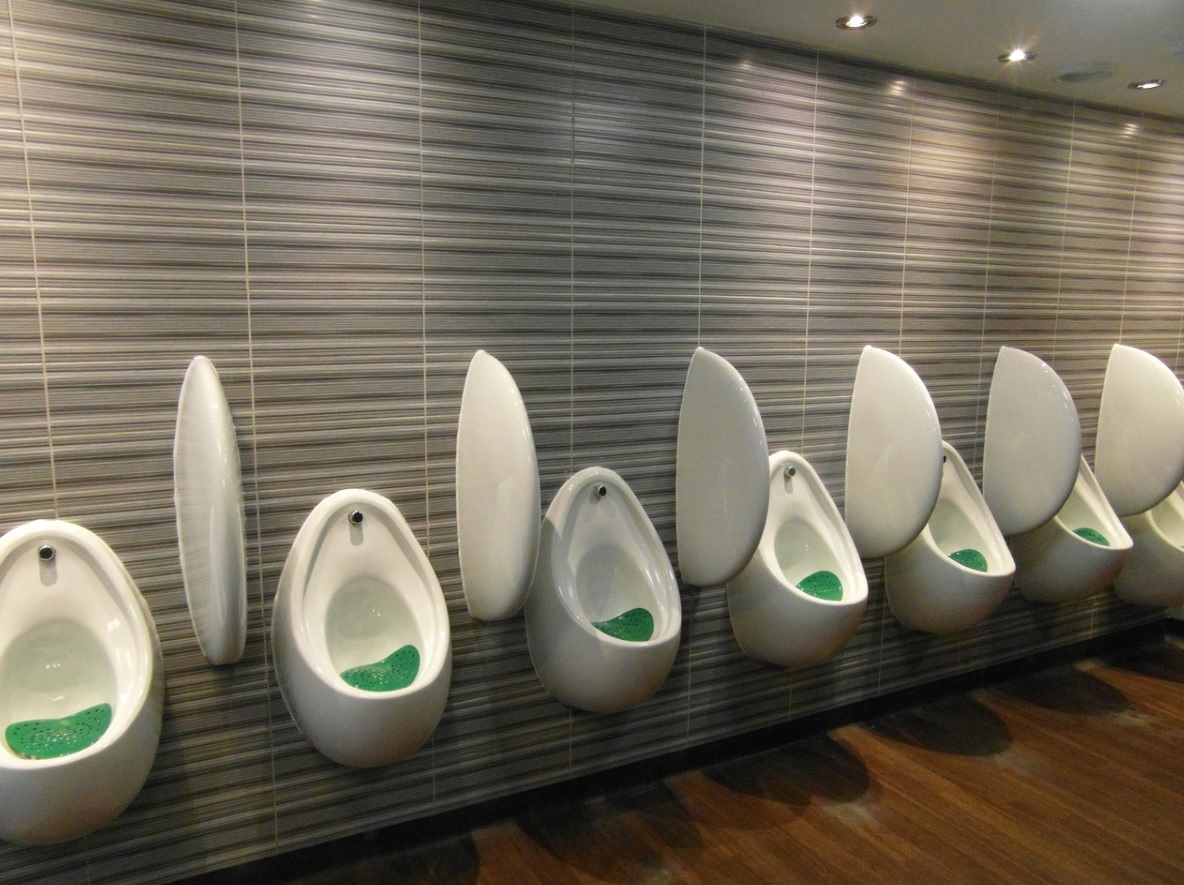Nightshift workers tend to urinate more deteriorating health: Study

We all know that people working during night giving up their natural process of taking rest tend to have complex health problems. A new research conducted by a group of Italian scientists has found that nightshift workers need to pee more, leading to a deteriorating quality of life for many workers, including care workers. This is also true of younger subjects, who would not normally be expected to report an overactive bladder. This work is reported at the European Association of Urology Congress in Barcelona.
Researchers from the Sant'Andrea Hospital in Rome surveyed 68 men and 68 women between March and October 2018. All were workers in the Italian National Health System, with 66 of the volunteers working nightshifts, on average, 11 hours per nightshift. The 70 day workers worked an average of 9.1 hours/day. The researchers found that the night shift workers reported a significantly higher rate of overactive bladder, and a poorer quality of life when compared with day shift workers. All the workers were under 50 years old.
Also Read: People with positive attitude tend to eat healthily, study reveals
Using the generally accepted Overactive Bladder Questionnaire*, they found that those on night shift reported an average total score of 31, as against a score of 19 for those working day shifts. They also found that night workers scored a significantly worse quality of life (measured using the OAB QL score and the EORTC QLQ-30 score), with scores of 41 against 31 with day shift workers (see abstract for ranges).
Research leader, Dr Cosimo De Nunzio said: "We know that long-term night work is stressful, and is associated with increased levels of health problems. This work shows that constant night workers may have a higher urinary frequency as well as a decline in their own quality of life. Furthermore, we have measured these changes in health workers, who are themselves responsible for looking after the well-being of patients. If they feel bad themselves, then this will inevitably lead to poorer patient care. The same is probably true in many other occupations. One of the most concerning things about this work is everyone in our sample was under 50. We normally expect bladder problems with older people, but here we have younger people expressing a deteriorating quality of life".










